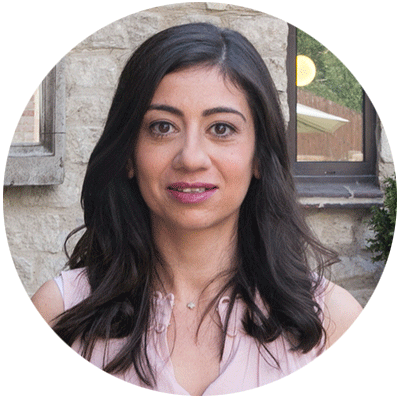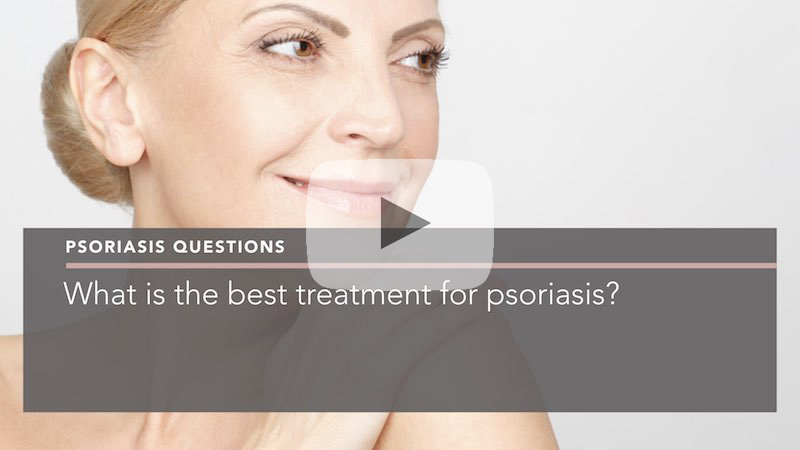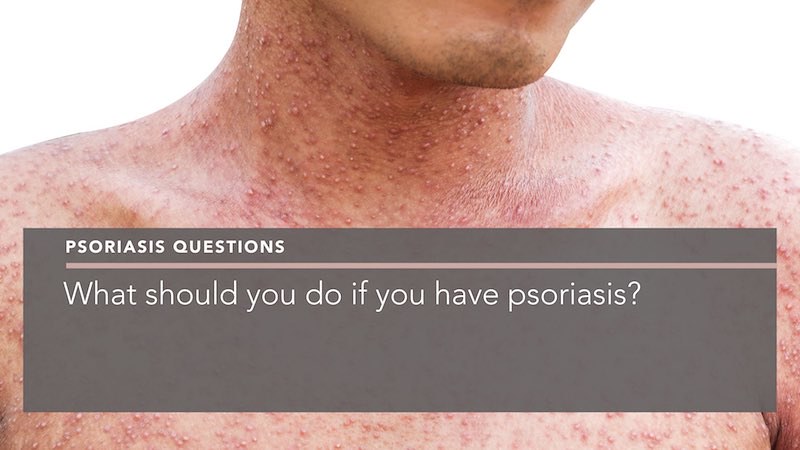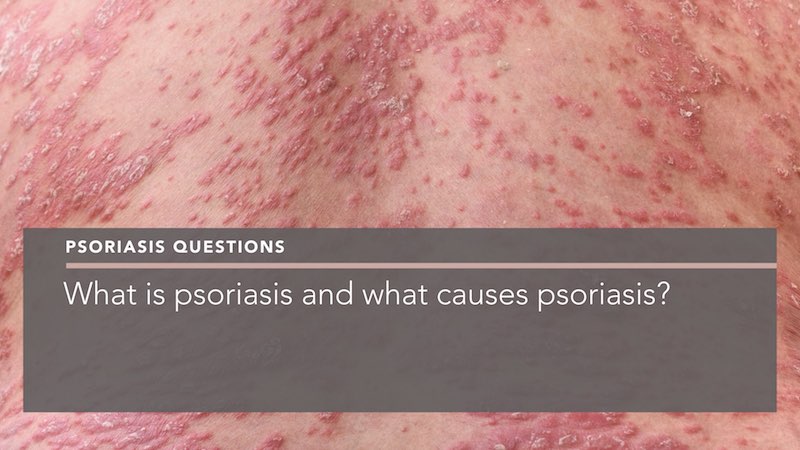Interview transcription:
We interviewed Penelope Pratsou to learn what the best treatment for psoriasis is.
What is the best treatment for psoriasis?
Penelope Pratsou: There are many types of treatments and there’s probably no best treatment because a lot of them can work and it depends on what stage you’re at with your psoriasis.
It could be that you have very limited areas of psoriasis that seem to be quite stubborn and are not going on their own. Then, I would be recommending a topical preparation, of which there is a number. There are some steroid combinations with what we call vitamin D analogues, and those are very good and effective in getting rid of those stubborn patches of psoriasis.
There are other types of topical preparations, and they can be very effective with this level of psoriasis. The other thing is that different preparations work differently on different parts of your body. I wouldn’t be recommending the same thing on your scalp that I would on the rest of your body. It’s a matter of assessing what your psoriasis is doing and what it looks like. Once that’s known, we can give you the best advice in terms of treatments.
In certain people, those treatments stop working, or they’re not as effective, and those patients notice that their psoriasis is a bit more widespread or just stubborn. Light therapy is a very effective treatment option. When I say light therapy, I mean a specific wavelength of ultraviolet B light that we would use in a machine. You go into this machine three times a week for a period of eight to ten weeks, and that would be a course of this phototherapy.
That can be useful when you have a lot of psoriasis in lots of different places. Then, there are a number of tablets that can be used. They can be helpful in severe psoriasis, but they do come with side-effects, so you need to be aware of that. Beyond that, we’ve gone leaps and bounds in terms of treating psoriasis in the past few years. We’ve got the new biologic agents and tend to be injections that you have. Certain patients need and wish to go on to those treatments.
If you notice that you have any of the symptoms or conditions that we’ve just discussed, we invite you to book a consultation with Dr Penelope Pratsou. She’ll be able to assess your situation and give you a personalised treatment plan.

About the author
Dr Penelope Pratsou | Consultant Dermatologist
MBChB, MRCP (UK) (Dermatology)
I’m Dr Penelope Pratsou, a skilled independent Consultant Dermatologist based in Berkshire. I have specialist expertise in the diagnosis and management of all skin cancers, and in performing mole checks. I’m a trained skin surgeon and remove skin cancers, moles, skin tags, cysts and warts.
I also have invaluable experience in dealing with all skin conditions, from the common skin complaints of acne, rosacea, eczema and psoriasis, to the rarer and more complex skin problems, having seen it all through years of NHS work.
After I obtained my Membership to the Royal College of Physicians, I undertook rigorous specialist training in dermatology, before being appointed as a Consultant Dermatologist at the Royal Berkshire Hospital, Reading. There, I helped set up and lead a busy clinic for the diagnosis and treatment of suspected skin cancer. I was also actively involved in supervising and training both dermatology and GP trainees.
Alongside my increasingly busy private practice, I have maintained an NHS practice in Oxford in order to continue to engage with challenging cases and to develop my specialist interest in skin allergy.




